|
Bennett writes, "Our president continues to name-call, insult and demonize people who have been forced to leave their homes, often with nothing. As filmmakers, anything we can do to change that narrative is essential."
By Joshua Bennett
In 2016, I read an article identifying that year as the most violent in recorded history, resulting in record numbers of displaced people and refugees around the world—some 65 million. And that includes our own hemisphere.
I set out to make the short film Los Comandos with Juliana Schatz-Preston, Maro Chermayeff, Jeff Dupre and the team at Show of Force as part of a three-part series of films on refugees and migration, called Humanity On the Move. This was intended as a follow up to our multi-platform projects Half the Sky and A Path Appears. We wanted to highlight untold human stories of rising Central American migration, as a result of decades of violence and failed US intervention in countries like El Salvador, Honduras and Guatemala. Los Comandos is a powerful story of young people fighting and fleeing harrowing violence in El Salvador. It’s an urgent, vérité-driven film that brings viewers into the center of El Salvador’s epidemic of gang violence from the perspective of young people facing the greatest threat. It’s a story about fighting for your family and community when death and danger lurk around every corner. The film reveals the reasons why so many young Central Americans are forced to flee their homes. President Trump would have us believe that Central American migrants are terrorists, criminals and inherently violent people. Nothing can be farther from the truth.
In El Salvador, gang and police violence disproportionately targets children and teenagers. The emergency medical unit, Los Comandos de Salvamento, is one of the few institutions that is willing to take a stand against this reign of terror, and is a place of refuge and community for young people. Mimi, a 16 year-old-high school student and Los Comandos volunteer, is caught in this violence. She has seen her friends attacked and killed, and is facing pressure to leave El Salvador. Her family and community struggle to survive in a situation that is often referred to as the “new civil war.”
The headlines and President Trump would have us believe that Central American migrants are terrorists, criminals and inherently violent people. Nothing can be farther from the truth.
Those fleeing north are fleeing a state that has suffered decades of failed US interventions and “national security doctrines.” El Salvador’s civil war was encouraged and supported by a US government that did not want to see a popular leftist revolutionary movement, The Farabundo Martí National Liberation Front, take power. The United States provided hundreds of millions of dollars in military aid to the right wing government of El Salvador, while as many as 80,000 civilians were slaughtered in the 1980s and early 1990s. This created record levels of El Salvadoran immigration to the US in the 1990s. Those that travelled to Los Angeles encountered an entrenched gang culture in the neighborhoods where they settled, and in self-defense, they created their own local gangs. In the mid-1990s, a zero-tolerance US immigration policy sent tens of thousands of migrants with convictions back to El Salvador. These young people took what they’d learned from Los Angeles and formed Las Maras—the infamous MS-13 and Barrio 18 gangs. These gangs were often comprised of struggling young people with no opportunity, turning extortion and murder into their livelihoods. As they spread and their power increased, so did the police response, until El Salvador became locked in the equivalent of a civil war between gangs and police.
When we began filming, El Salvador was the country with the highest murder rate in the world. It took incredible courage for Los Comandos to confront this violence every night. When we met with Los Comandos, we were immediately struck by Mimi, a kind and preternaturally mature young woman who found genuine joy helping others. She was one of many young people who inspired us with their dedication to their volunteer work, and their fearless call to action in the face of grave danger and uncertainty. Even when they were not on duty, the young Comandos demonstrated touching compassion and goodness. I remember filming at Mimi’s school, and watching as during recess, when other kids ran wild and free, Mimi spent 30 minutes guiding a young blind girl around the playground, making sure she was included in play. I was struck by how her kindness motivated others around her to help and support the young girl.
As we spent time with Los Comandos, and many hours with their leader, Roberto Cruz, it became clear that Los Comandos was about more than standing in the crosshairs of the country’s violence and saving lives. Los Comandos was creating community, connection and shared responsibility and through its efforts, working to rebuild the country. It’s a program with over 3,000 members in chapters across the country. It’s a civil organization that is creating bastions of light in a troubled and challenging period for El Salvador.
An organization like Los Comandos is a potent force in a country where communities have been engulfed in violence. The work Los Comandos does takes root in the community, and the power of their message and dedication spreads. They’re in a unique position to help prevent more and more young people from being pulled into gang violence.
Unfortunately, as we speak, the El Salvador government has cut funding to the organization, and they’re in desperate need of funding. They’ve just launched a GoFundMe drive, and you can visit their website to find out how to support them, Salvamento.org. It’s ironic in a moment where our government is ready to spend billions of dollars on a wall, there is not even a discussion on sending even a few hundred thousand dollars to an organization that’s proving to be much more powerfully effective at facing down and preventing violence.
The story of Los Comandos reminds us that there is hope and there is resilience in even the most dire situations. As we packed up our equipment after filming was complete, it was hard not to feel a sense of real fear and anxiety for the young Comandos we worked with. Mimi and her friends are growing up in a war zone, surrounded by violent gangs and armored police. Terror has eliminated freedom of movement for these young people, and in some cases, made it impossible to get an education. Yet, night after night, they risk their lives to help those in need of emergency help, no matter who or where they are.
This is a story about sacrifice and courage that is seldom found in media coverage of migration stories.
Our film asks the viewer to consider how they would act when faced with such life-threatening situations. With neighborhoods being torn apart and homes broken, the pressure to leave El Salvador is constantly present. This is a story about sacrifice and courage that is seldom found in media coverage of migration stories. We want viewers to have an emotional experience as they ride along with Mimi and Los Comandos, and get a window into what they see and experience every day. Our hope is it will help people see the factors behind forced migration in a way that is grounded in emotion and empathy. Hopefully, their emotional connection to the story opens a window to think differently about migration, and look beyond political distortions and misleading Twitter feeds.
As the US continues with an unprecedented government shutdown and calls for a border wall, brutality and instability are continuing to unfold in Central America. This reality has been distorted and transformed into a false headline of a national emergency on our US-Mexico Border. The current US administration does not provide any context or any deeper understanding of the situation, beyond what it believes is politically convenient. For myself and my teammates who’ve spent over two years covering stories of migration on the ground, it’s increasingly frustrating to see this narrative take hold, and to witness a reluctance to offer any kind of humane and compassionate public discourse on migration.
Today, I just read how the President’s son compared building a wall on our Mexico border to keeping animals in cages in a zoo. This type of comment passes for political discourse now, as our president continues to name-call, insult and demonize people who have been forced to leave their homes, often with nothing. As filmmakers, anything we can do to change that narrative is essential. We’re in a moment where we’re all called to a greater duty. I think again and again of the young people I met and worked with in El Salvador. I want to tell President Trump to open his eyes to the real stories of people who come to our country seeking asylum. Before a young person is ever a migrant, they are kids, and some are heroes, like Mimi and her friends in Los Comandos. |
AuthorMatthew Carey is a documentary filmmaker and journalist. His work has appeared on Deadline.com, CNN, CNN.com, TheWrap.com, NBCNews.com and in Documentary magazine. |
- Home
- News
- Videos
-
Galleries
- 2019 Tribeca Film Festival
- Full Frame Documentary Film Festival
- 2019 SXSW Film Festival
- SXSW 2018 Gallery
- 2019 Sundance Film Festival
- Outfest 2018 Photo Gallery
- Outfest 2017
- Sundance 2018 Photos
- 2017 LA Film Festival
- 2017 Cannes Film Festival
- Tribeca Film Festival 2017
- SXSW 2017 Gallery
- 2017 Berlin Film Festival
- Sundance 2017 Gallery
- 2016 Los Angeles Film Festival
- Cannes Film Festival 2016
- SXSW 2016 Gallery
- Berlinale 2016 Gallery
- Sundance 2016 Gallery
- Filmmaker Gallery
- About
- Contact
Proudly powered by Weebly
- Home
- News
- Videos
-
Galleries
- 2019 Tribeca Film Festival
- Full Frame Documentary Film Festival
- 2019 SXSW Film Festival
- SXSW 2018 Gallery
- 2019 Sundance Film Festival
- Outfest 2018 Photo Gallery
- Outfest 2017
- Sundance 2018 Photos
- 2017 LA Film Festival
- 2017 Cannes Film Festival
- Tribeca Film Festival 2017
- SXSW 2017 Gallery
- 2017 Berlin Film Festival
- Sundance 2017 Gallery
- 2016 Los Angeles Film Festival
- Cannes Film Festival 2016
- SXSW 2016 Gallery
- Berlinale 2016 Gallery
- Sundance 2016 Gallery
- Filmmaker Gallery
- About
- Contact

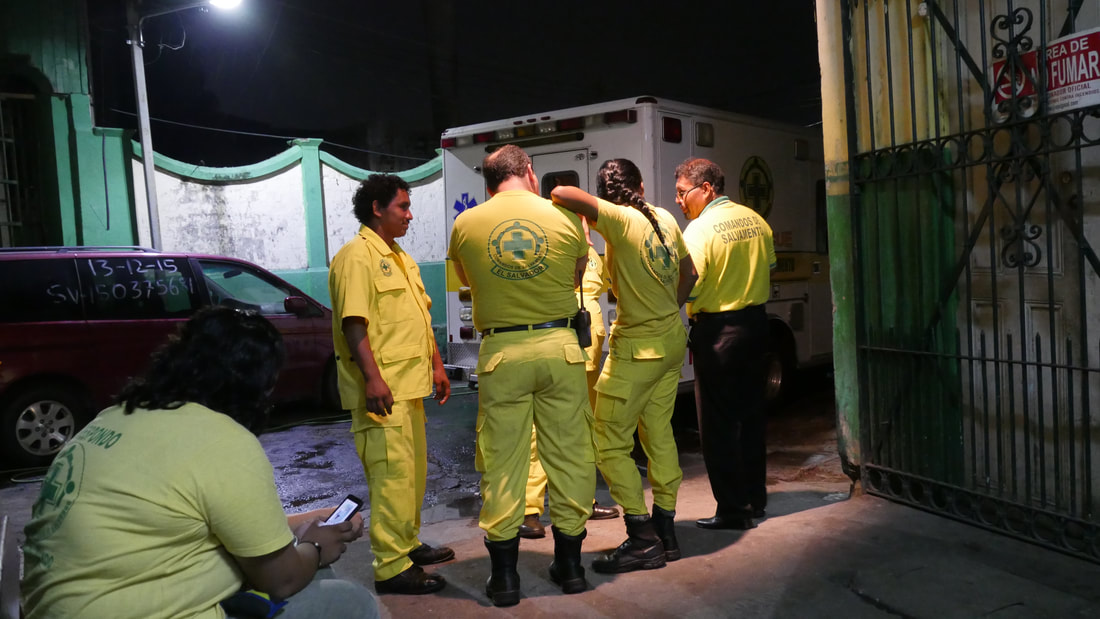
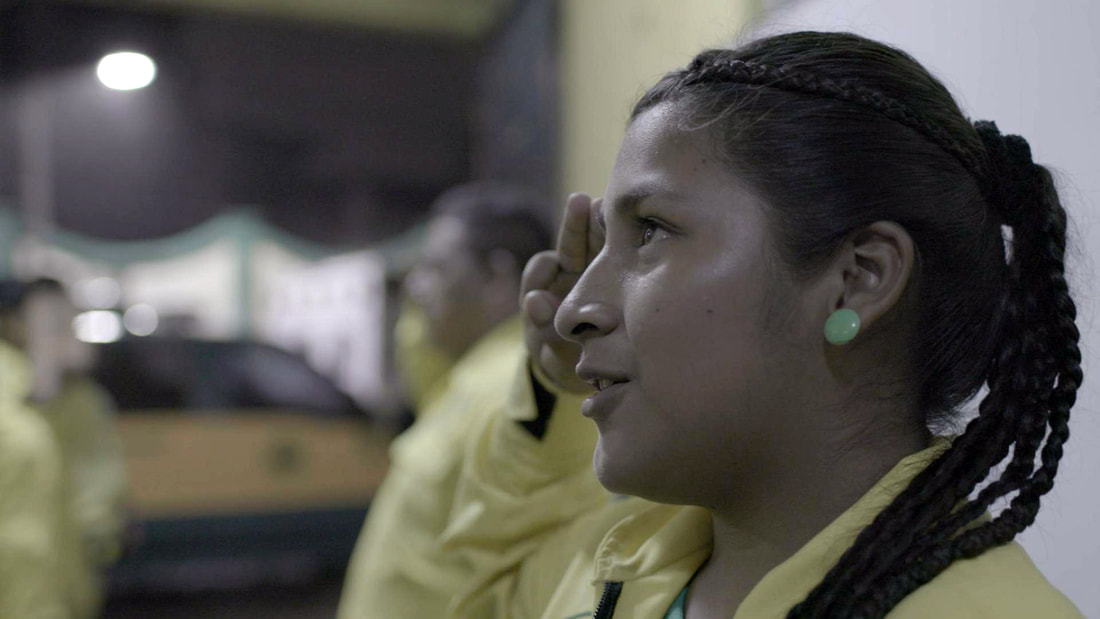
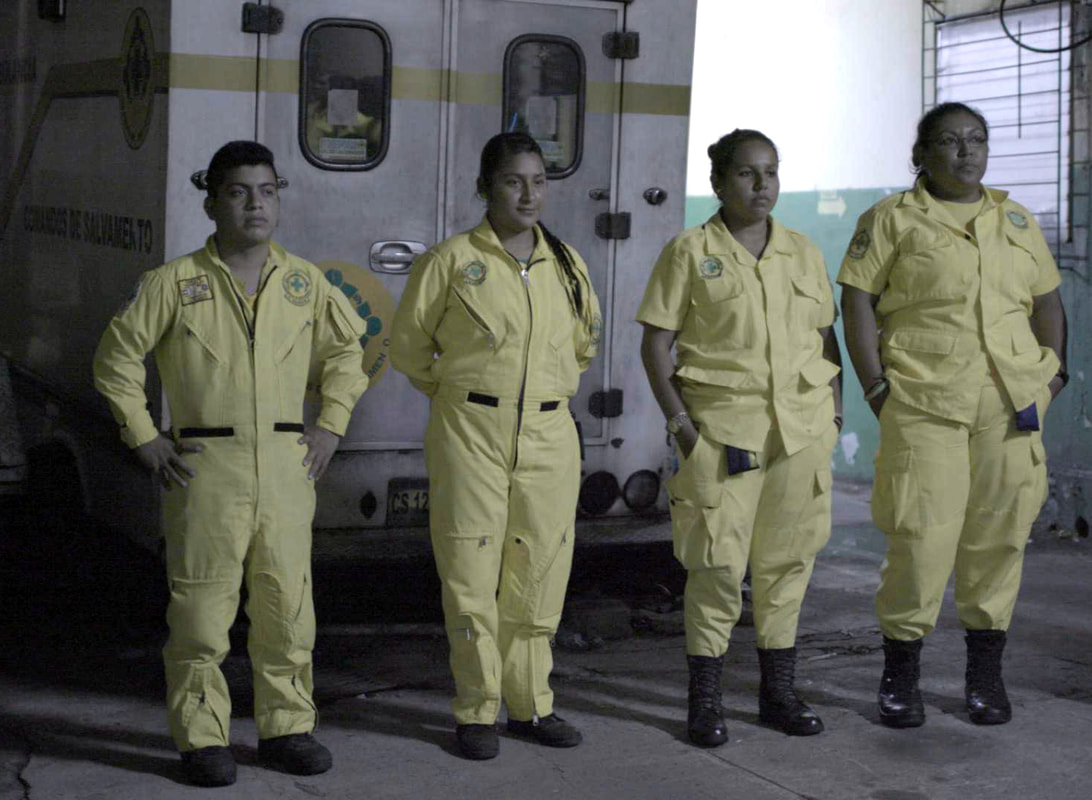
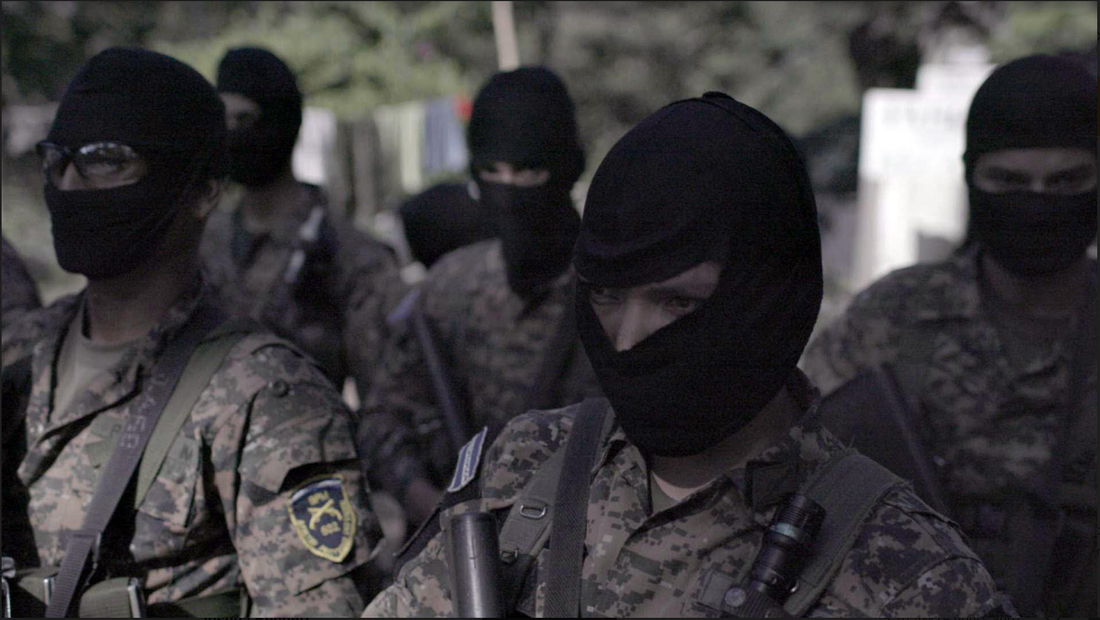
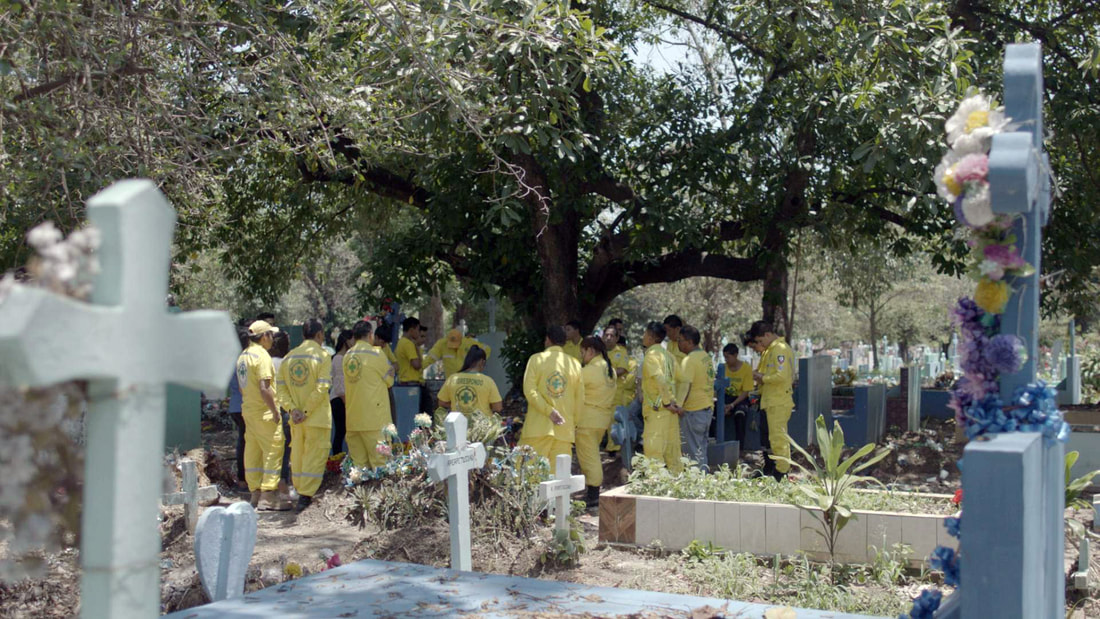
 RSS Feed
RSS Feed